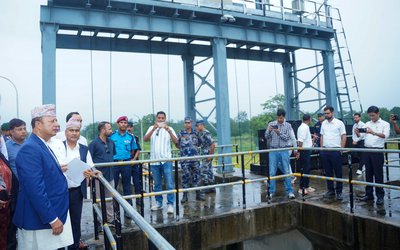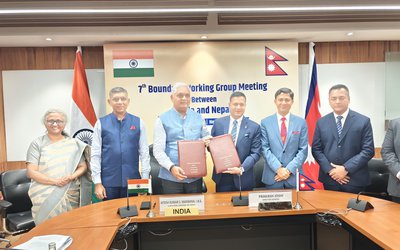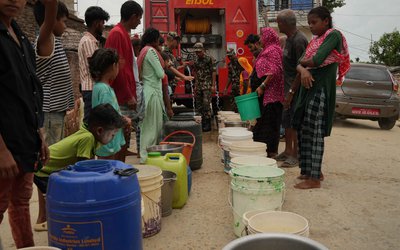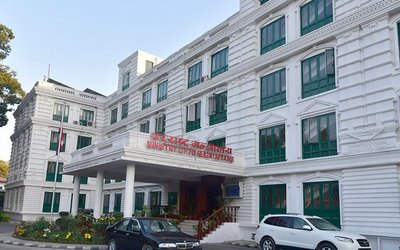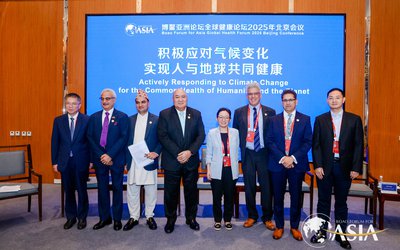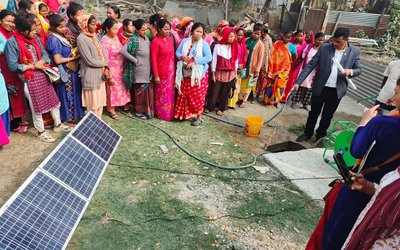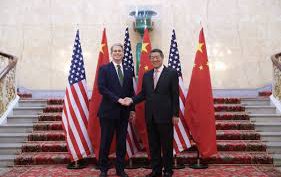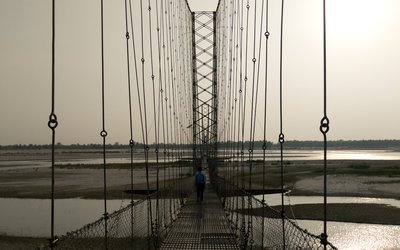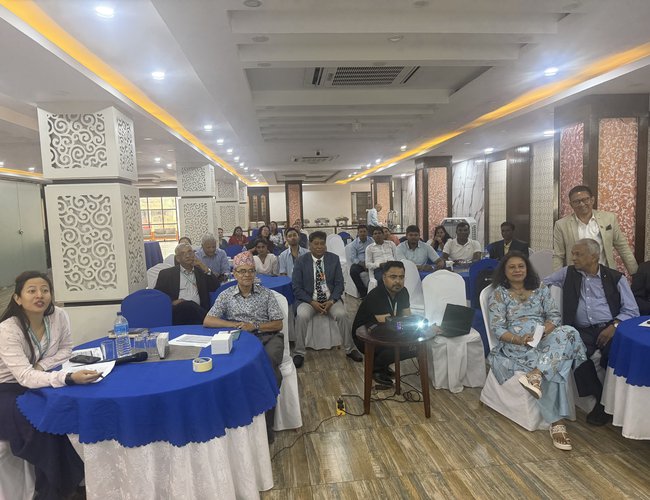
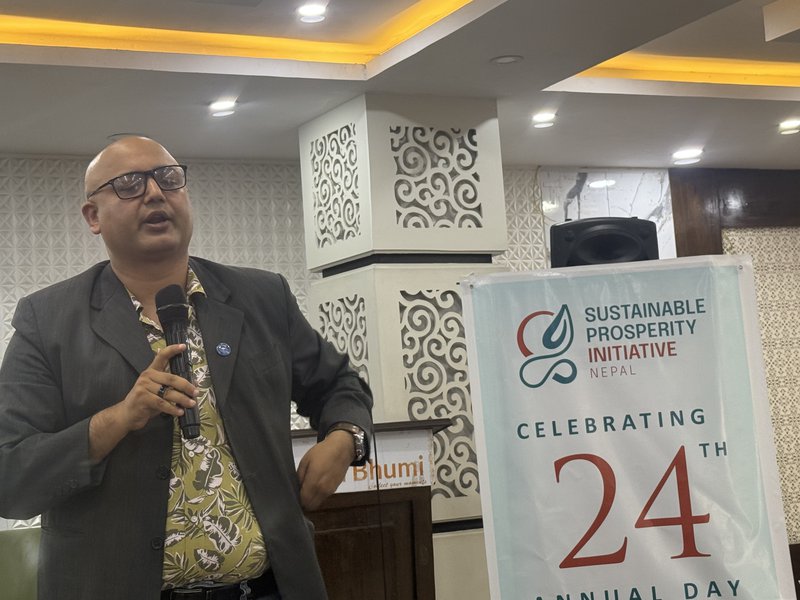
SPI Nepal, a private sector organization, has reached its 24th anniversary with a strong focus on green energy initiatives.
The organization aims to provide clean cooking technologies to 500,000 households by 2030, establish itself as a key player in Nepal's carbon market, and target to reach to100 out of 753 local governments to adopt clean energy solutions by 2030.
With ambitious goals such as providing clean cooking technologies to 500,000 households by 2030, leading the carbon market in Nepal, and encouraging 100 local governments to adopt clean energy solutions by 2030, SPI Nepal is making significant strides in sustainable development.
As Nepal reaffirms its goal of achieving zero emissions by 2045 in its updated Nationally Determined Contribution (NDC), organizations such as SPI-Nepal play a vital role.
Ghimire covered Energy & Prosperity: Interlinkages, an Overview of Nepal's Energy Sector, the Nexus between Energy & Climate Agenda, and Financing Energy & Climate Actions in his presentation.
He emphasized the significance of energy in promoting stable growth, job creation, increased income, and a diversified economy. Additionally, energy plays a crucial role in maintaining ecological balance, climate resilience, reducing pollution, sustainable resource management, and promoting social equity, including equitable access to services, poverty reduction, improved health, enhanced livelihoods, and gender equality.
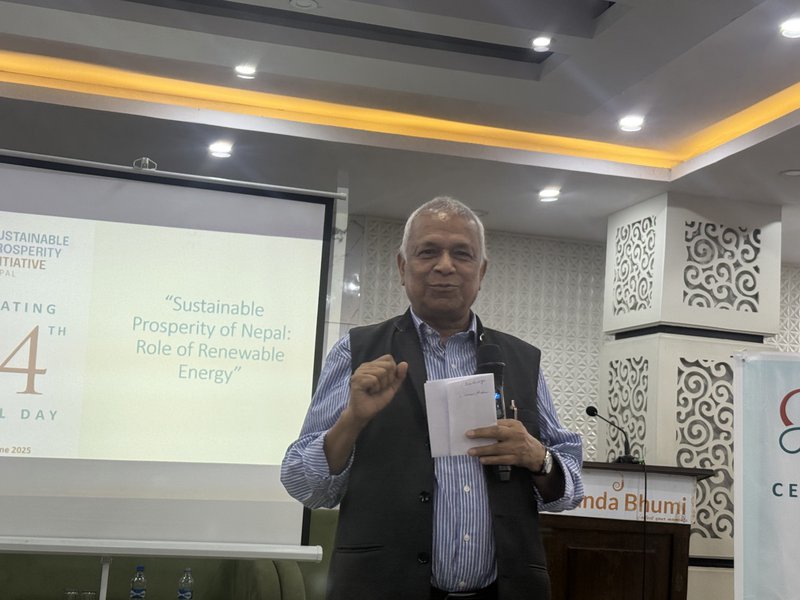
Ganesh Shah, former minister and chief guest at a recent event, highlighted the potential of organizations like SPI-Nepal in supporting Nepal's goal of achieving zero emissions by 2025.
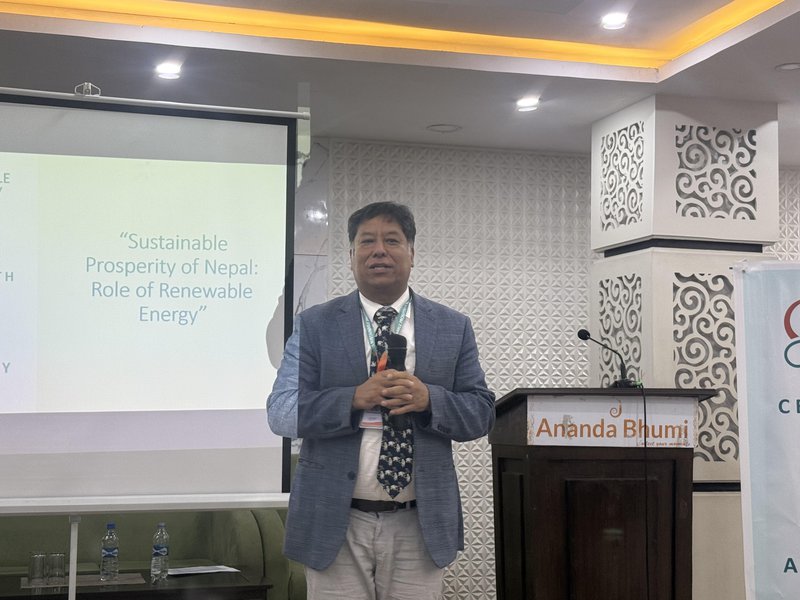
Mohan Das Manandhar, chairperson of SPI-Nepal, expressed confidence that SPI will become a leading organization in carbon mechanism and trade.
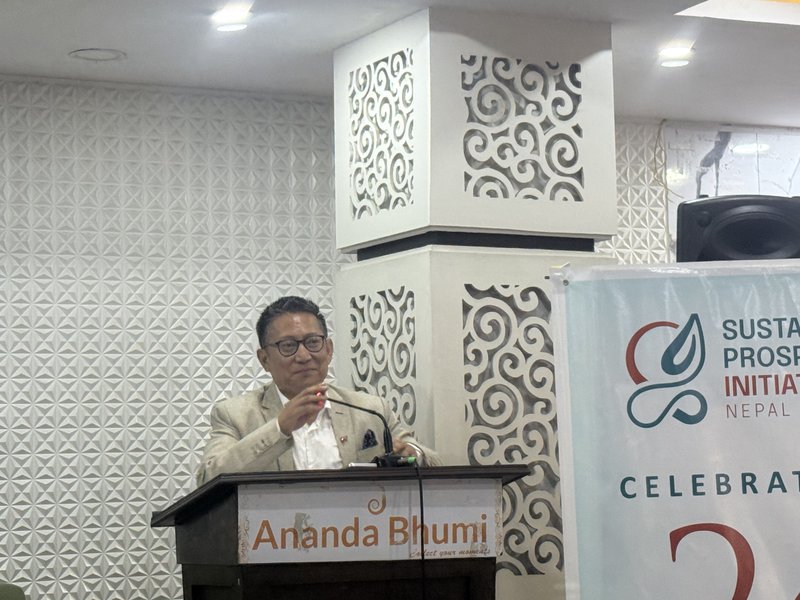
Kushal Gurung, Renewable Energy Expert, underscored the private sector's role in Nepal, while Senior Policy Advisor Purushotam Ghimire confirmed SPI's commitment to clean energy initiatives.
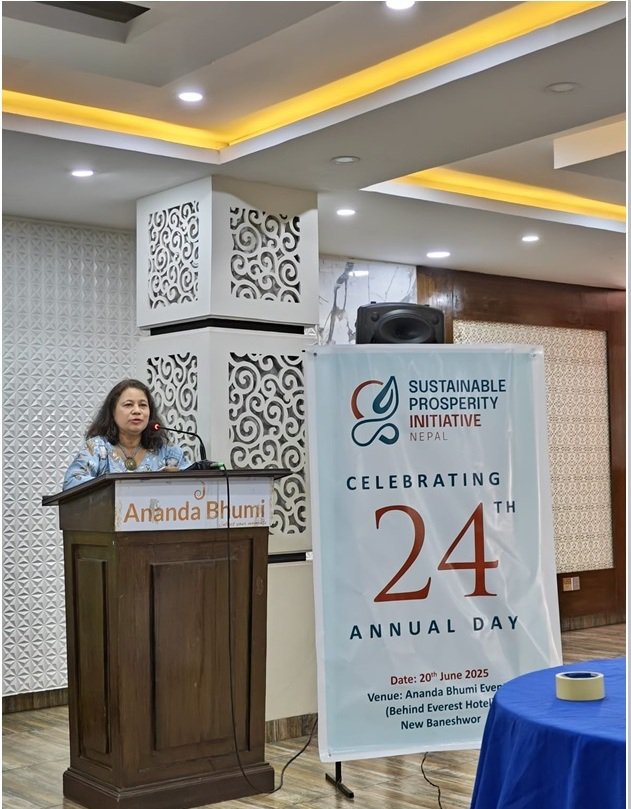
Karuna Bajracharya, Country Representative of the Clean Cooking Alliance, shared the story of the clean energy campaign in Nepal, stressing the importance of sustainable and efficient energy supply for Nepal's economic prosperity.
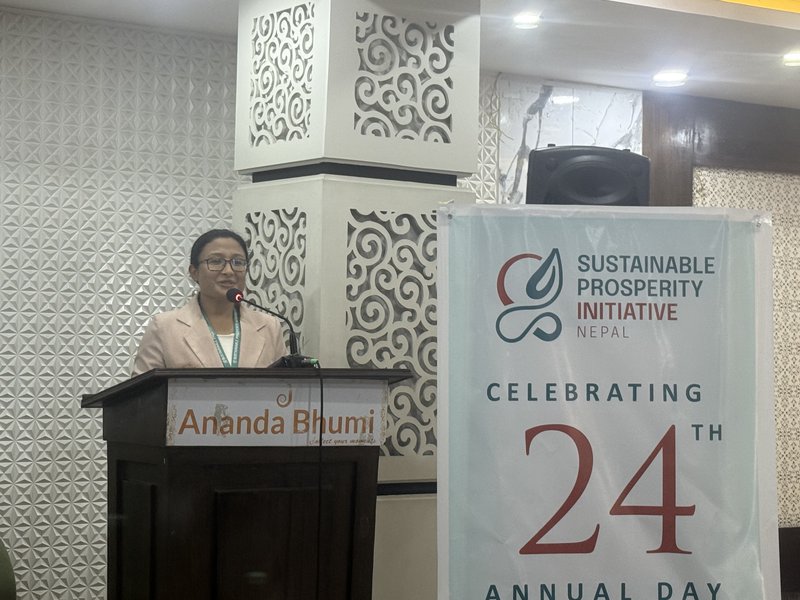
Sarita Karki, managing director of SPI Nepal, emphasized the significant progress made by SPI in the clean energy sector.
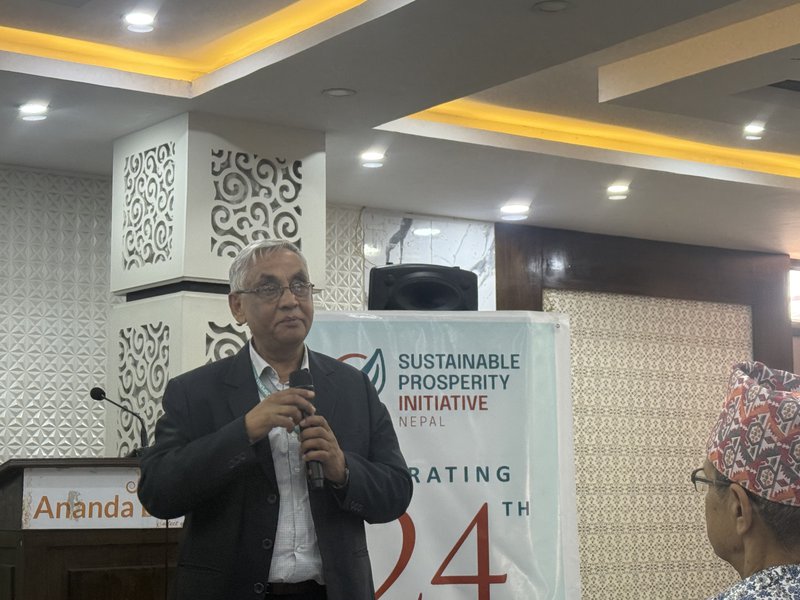
- Nepal Investment Mega Bank Limited Launches 'Instant EMI' Facility For the First Time in Nepal
- Jul 30, 2025
- GIZ 50 Years Partnership: Energizing Nepal’s Energy Sector
- Jul 30, 2025
- Prime Minister Inaugurates Rani Jamara Kulariya Irrigation Three Years After Completion
- Jul 30, 2025
- Nepal-India Border Working Group Meeting Agree On Inspection And Maintenance e Work Of Pillar
- Jul 30, 2025
- Weather Forecast: Generally Cloudy Across The Country Possibility Of Moderate Rain In Hilly Regions Inclding Sudurpaschim Province
- Jul 30, 2025
